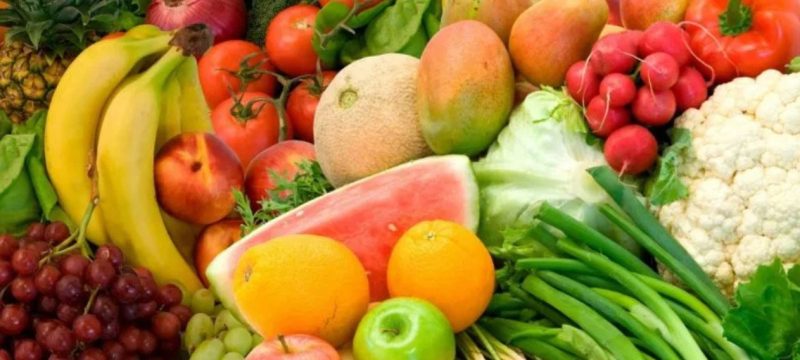The weekly inflation in Pakistan increased by 0.73%, according to new data released by the Pakistan Bureau of Statistics (PBS) on Friday. The report highlights changes in the prices of essential items affecting households nationwide.
The year-on-year inflation rate now stands at 2.06%, PBS said in its latest figures.
During the last week, prices of 18 key commodities saw an upward trend. These include daily-use food items such as vegetables, poultry, and sugar. Meanwhile, prices of six items dropped slightly, and 27 items remained stable.
One of the most notable increases was in broiler chicken, which surged by Rs 39.99 per kilogram. Sugar prices rose by Rs10 per kg, now costing up to Rs185 per kilogram in several markets.
Vegetables also saw notable increases. The price of onions went up by Rs5.50 per kg, tomatoes by Rs8, garlic by Rs18, and potatoes by Rs3 per kg. In addition, a steady rise was reported in the prices of mutton, powdered milk, and other household staples.
The PBS report indicated that the rising cost of food continues to pressure household budgets across the country. The weekly inflation in Pakistan reflects these ongoing challenges.
However, some relief was observed in a few categories. The price of a domestic LPG cylinder dropped significantly by Rs302 during the same week. Eggs became cheaper by Rs1.53 per piece, while moong dal decreased by Rs1.21 per kilogram.
PBS issues these reports weekly to monitor price trends of 51 essential items across 50 major urban markets.
Economists warn that continued fluctuations in food and energy prices could contribute to long-term inflation concerns. Rising global commodity prices, coupled with domestic supply chain issues, have added to the volatility.
The government is expected to review the situation in its next fiscal briefing. Any changes in monetary policy or subsidies may depend on further weekly inflation in Pakistan trends and public response.
Also in our coverage, read about the Health CEO and MS arrested over Pakpattan hospital deaths for details on high-profile accountability in healthcare.







